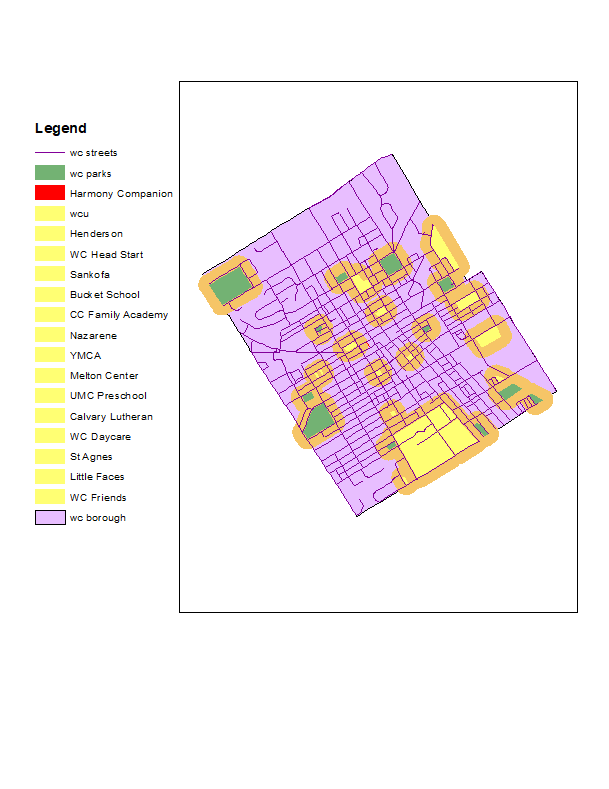The Third Annual Environmental Film Series at WCU sponsored by the Office of Sustainability at West Chester University, the West Chester Green Team, and member groups of the Chester County Environment Alliance, in memory of Graham Hudgings.
Sykes Student Union Theater, 110 W. Rosedale Ave., West Chester PA 19382. Door opens at 5:30 p.m., films at 6:00. Films are free!
SEPTA’s 104 and 92 buses stop on High Street, the ChesCo SCCOOT bus stops at the corner of Rosedale and New Streets, and the campus is easily accessible by bicycle and on foot. If you drive, access the lot in back of Sykes side via the streets to the east or west of Sykes.
10/17, River Blue, about wasteful and polluting clothing manufacturing.
11/7, Reinventing Power, about renewable energy, with West Chester Sustainability director Will Williams as guest speaker
12/12, Eating Animals, with a vegetarian food tasting buffet by the WC Coop



